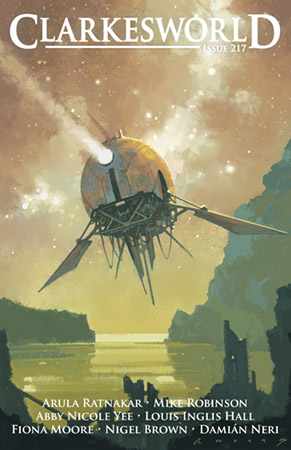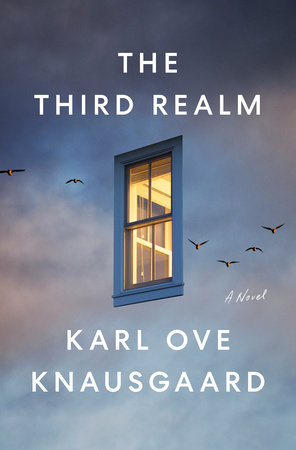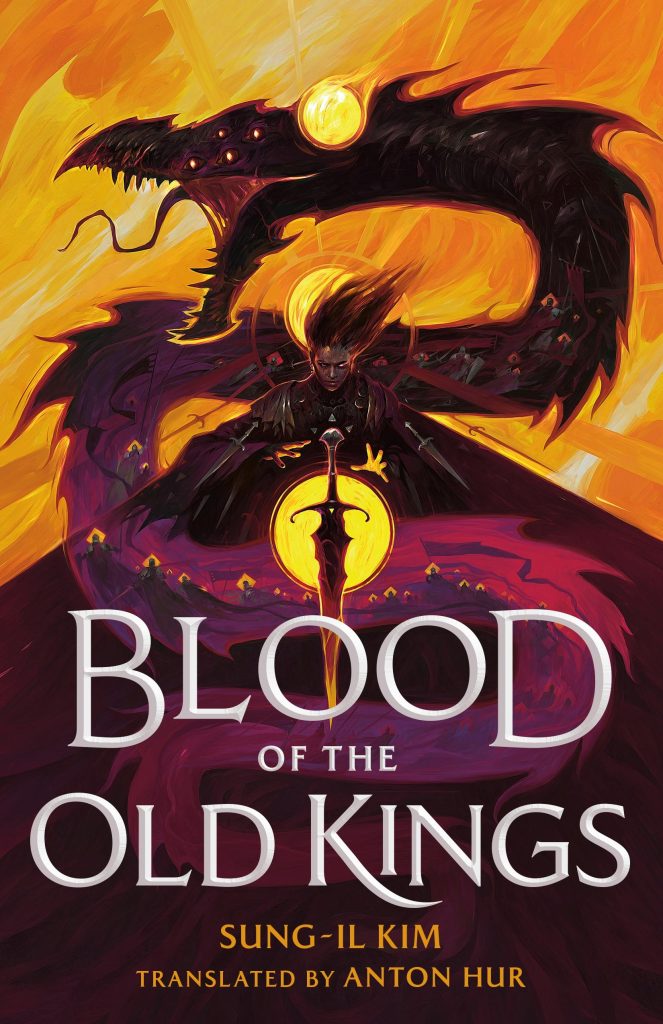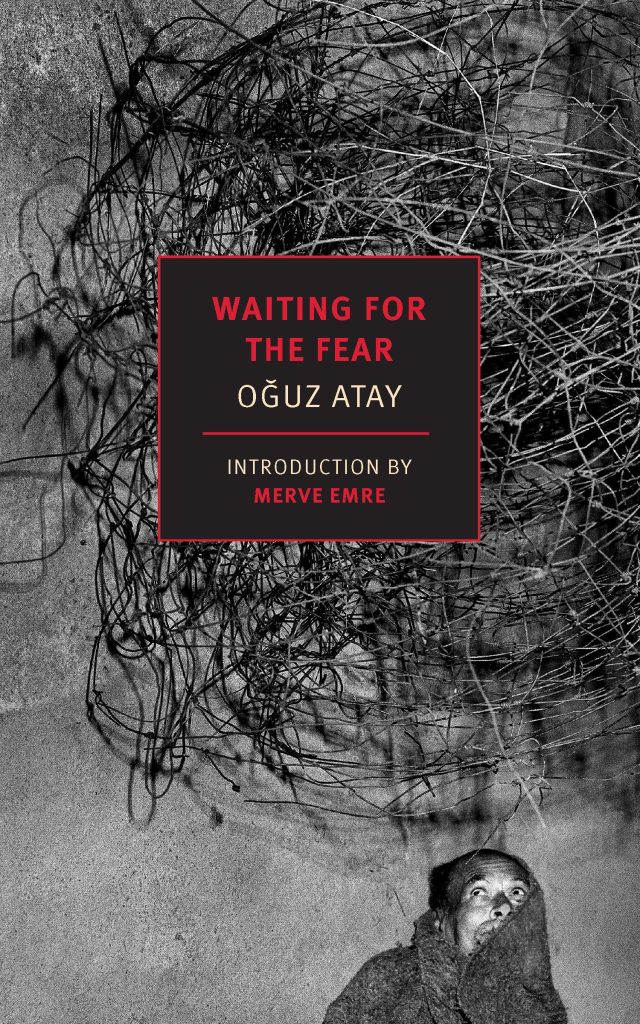
“The Face of God: A Documentary” by Damián Neri, translated from the Spanish by the author (Clarkesworld, October 1)

The Third Realm by Karl Ove Knausgaard, translated from the Norwegian by Martin Aitken (Penguin Press, October 1)
Shapeshifting visitors, unsolved murders in the forest, black metal bands and an online bank of thousands of people’s dreams—the star is back. Karl Ove Knausgaard’s The Morning Star kept readers up all night, immersed with nine characters whose individual lives are heightened by the sudden appearance of a blazing new star, and The Wolves of Eternity portrayed the intimate experiences of two estranged half siblings decades before the star rises. In The Third Realm, the effects of the star are felt around the world, as people start to reckon with what it might possibly mean. With this next novel, the limitless scale and ambition of Knausgaard’s new universe is clear. This is life, death, the human condition and the real-time creation of an epic and utterly immersive world.

Blood of the Old Kings by Sung-il Kim, translated from the Korean by Anton Hur (Tor Books, October 8)
In an Empire run on necromancy, dead sorcerers are the lifeblood. Their corpses are wrapped in chains and drained of magic to feed the unquenchable hunger for imperial conquest. Born with magic, Arienne has become resigned to her dark fate. But when the voice of a long-dead sorcerer begins to speak inside her head, she listens. There may be another future for her, if she’s willing to fight for it. Miles away, beneath a volcano, a seven-eyed dragon also wears the Empire’s chains. Before the imperial fist closed around their lands, it was the people’s sacred guardian. Loran, a widowed swordswoman, is the first to kneel before the dragon in decades. She comes with a desperate plea, and will leave with a sword of dragon-fang in hand and a great purpose before her. In the heart of the Imperial capital, Cain is known as a man who gets things done. When his best friend and mentor is found murdered, he will leave no stone unturned to find those responsible, even if it means starting a war.

Waiting for the Fear by Oğuz Atay, translated from the Turkish by Ralph Hubbell (NYRB Classics, October 22)
A giant of modern Turkish literature, Oğuz Atay remains largely untranslated into English. First published in 1975, Waiting for the Fear is Atay’s only collection of short stories, praised by the Nobel Prize winner Orhan Pamuk for having transformed the art of short fiction. Atay’s stories are vivid with life’s absurdities and psychologically true to life, while his characters, oddballs and losers all, are utterly individual. A brilliant examiner of the inner life, Atay is no less aware of the flawed social world in which his people struggle to make their way, and he is exceptionally attuned to the strange power storytelling itself can exert over fate. In the title story, a nameless young man returns to his home on the outskirts of an enormous nameless city to discover that he has received a letter in a language he neither knows nor recognizes—after which, step by step, the inscrutable missive reshapes his world. In “Railroad Storytellers: A Dream,” a professional story peddler lives in a hut beside a train station in a country that is at war—unless it isn’t. He can’t remember. What do such life and death realities matter, however, so long as there are stories to tell?
